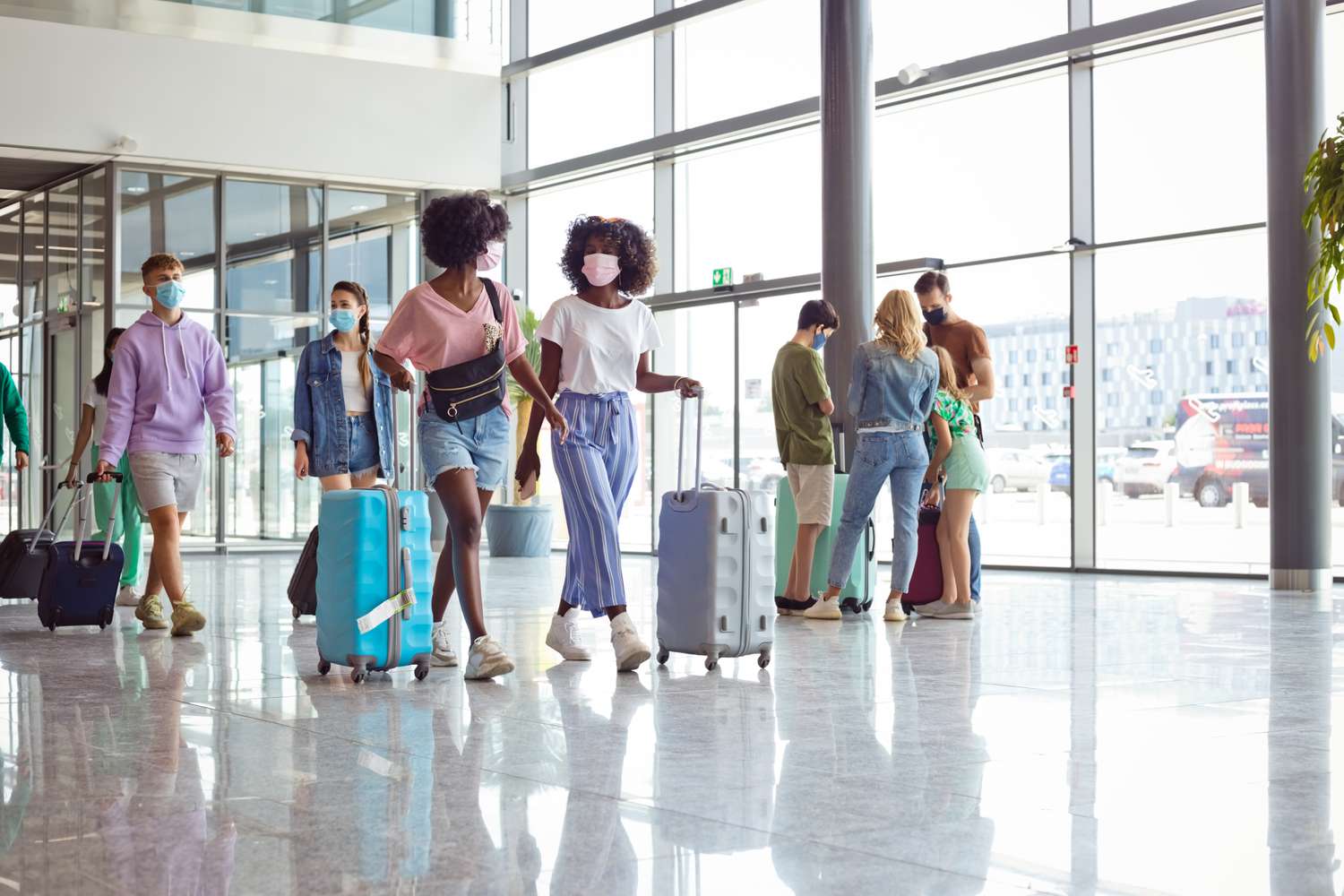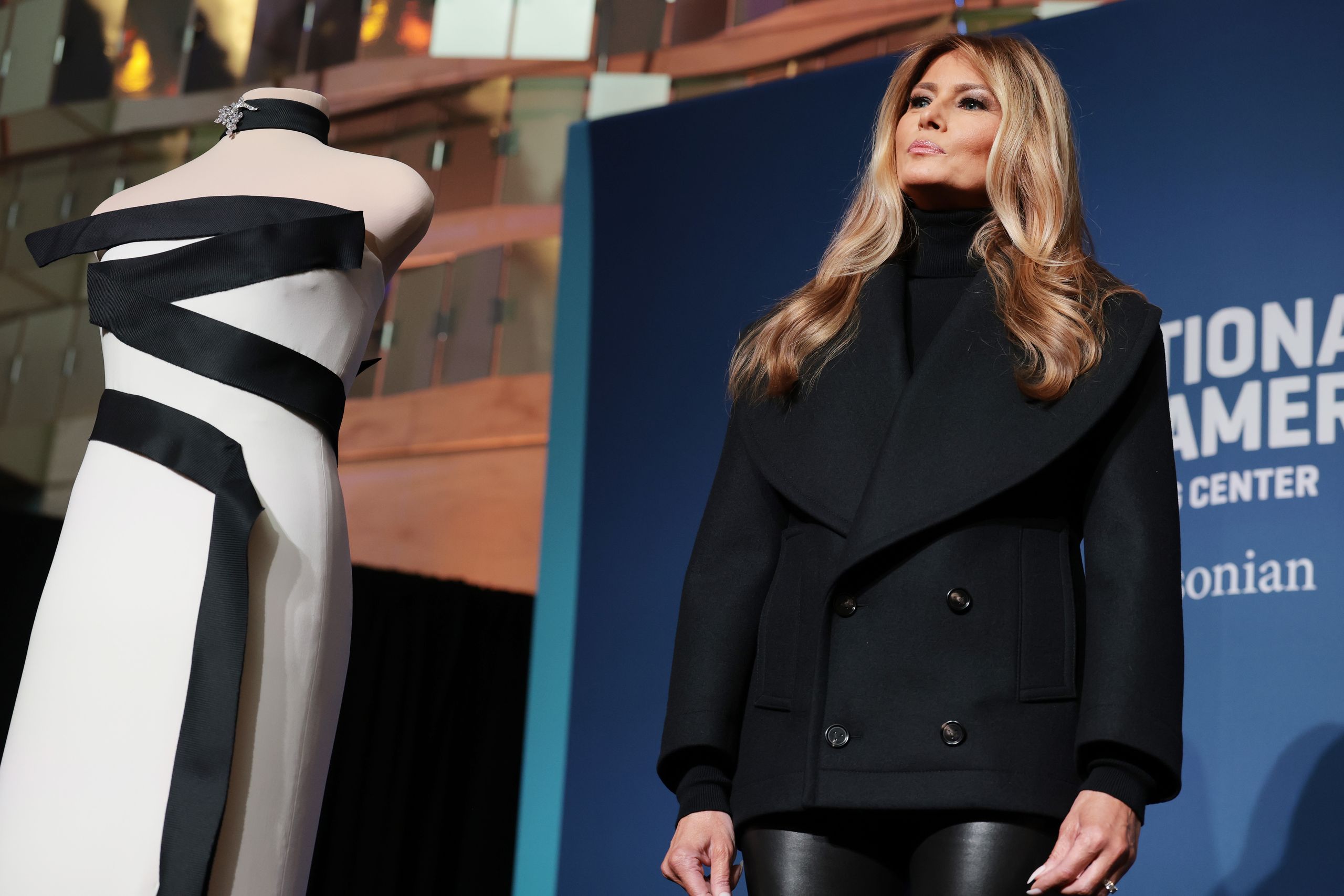The Science Explaining Summer Surges in COVID-19 Cases

Fall and winter may be considered cold and flu season, but the U.S. is in the midst of another COVID-19 “summer surge.”
According to wastewater surveillance data from the Centers for Disease Control and Prevention (CDC), “high” levels of the virus have been detected across much of the country, with the exception of 19 states—primarily in the western parts of the U.S.—where levels are “very high.”
While inconvenient, it’s normal for COVID to spike in the summer months—in fact, summer surges have happened every summer since COVID arrived on the scene. Here’s what to know about this increase in cases, including why it tends to happen during summertime, and how to protect yourself from the virus.
A COVID summer surge is “when there’s an unexpected increase in the number of COVID cases” during the summer months, according to Nikhil Bhayani, MD, an infectious disease physician and assistant professor at Burnett School of Medicine at Texas Christian University.
Other than allergies, we tend to associate mild infectious illnesses like the cold, flu, and now COVID with fall and winter. But technically, those viruses can surge any time of the year, said Bhayani.
“We see a surge in summer because people are traveling more, gathering frequently indoors and not masking as much,” he told Health. “The virus evolves and stays ahead of our immune system. As new variants appear, the immune system recognizes infection of past variants—so this can lead to an increase in new infections.”
Vontrelle Roundtree, MD, board-certified family physician and associate chief medical officer at MDLIVE, said that the telehealth clinic has “seen a steep surge in COVID-19 cases since the beginning of the summer,” with diagnoses up 108%. Paxlovid prescriptions also increased 130% in June over the monthly average for April and May.
There are several reasons why COVID cases have been on the rise this summer and during previous summers. The first is that many people don’t currently have immunity to the virus. “Immunity to prior COVID infection is short lived,” said Bhayani, adding that it tends to “wane after three months.”
In other words, if you’re relying on your immunity to protect you against COVID, you’re going to need a new strategy—like getting vaccinated. “Vaccinations are effective in maintaining immunity for a relatively longer period of time,” he said.
Not only that, but the FLiRT COVID variants are largely driving this surge and “may be more adept at evading the immune system,” Roundtree said. “They’re offshoots of the JN.1 variant which we saw earlier this year,” she added.
The weather might also play a role in the summer surge. According to Bhayani, some of the emerging variants might thrive more in the heat than the cold, so “we could see a little more of an increase in COVID than the late fall or early winter.” Additionally, the extreme heat in many parts of the country is “driv[ing] more people to gather together in indoor settings,” Roundtree added.
Along the same lines, increased summertime social activities, events, and travel “set the stage for a significant rise in cases and complicates any existing efforts to manage the spread,” Roundtree said. This includes people getting together to watch the Summer Olympics.
“It’s certainly possible that the Summer Games may cause an uptick in COVID-19 cases,” Roundtree said. “Large gatherings of any kind create an optimal environment for the virus to spread easily, regardless of whether they take place outside or indoors.”
This is true for people having guests over to their homes to watch the Olympics on TV, as well as those attending the games in person in Paris. “With athletes and spectators traveling from all different parts of the world, the risk of transmission increases significantly,” she explained. “In fact, we’ve already seen some attendees and athletes testing positive over the last few days.”
According to Bhayani, COVID will continue to surge this summer “as long as people travel and gather indoors.” But Roundtree is hopeful that we won’t see another surge until late fall or early winter when people travel and get together for the holidays. That said, if people take precautions, another spike in cases isn’t guaranteed. “When a new vaccine is available in early fall, and people choose to get vaccinated, maybe the surge won’t be as high compared to summer months,” she said.
To prepare for a summer surge and reduce your chances of contracting COVID during the summer, Bhayani and Roundtree recommend the following:
"If you experience symptoms such as a sore throat, cough, fatigue or muscle aches, be sure to get tested and see your provider for treatment options," Roundtree said. "As we approach the fall season, it's especially important to consult with a physician who can help distinguish between COVID-19 and other respiratory infections like the flu or colds, as symptoms are often similar."




